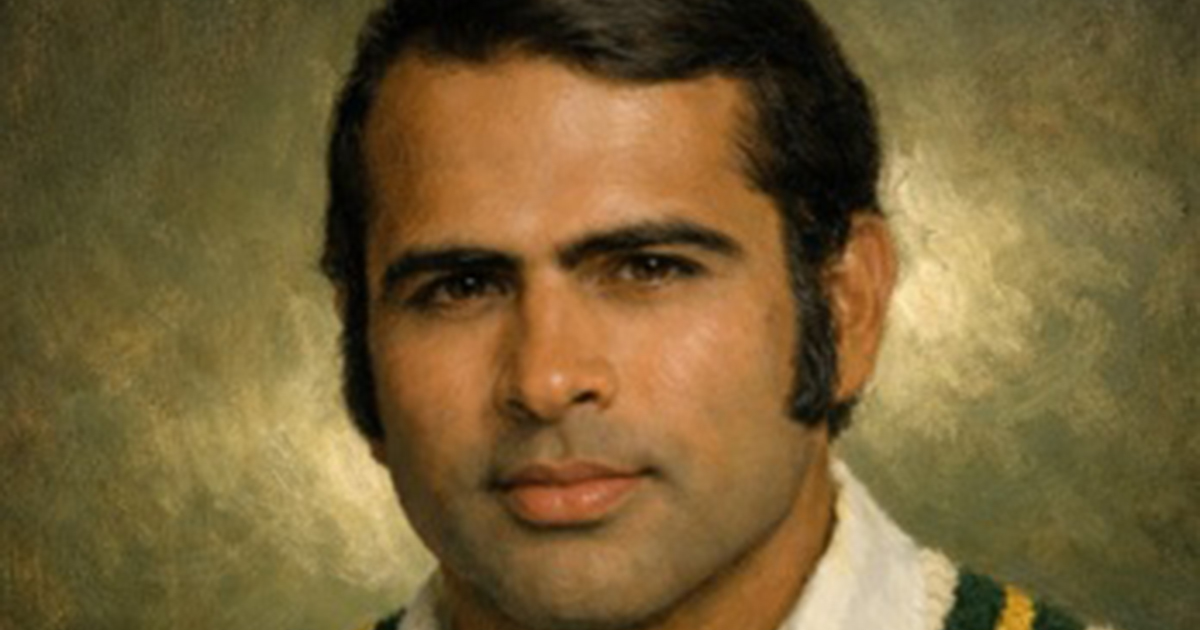The challenges of covering controversial topics in sports journalism
JournalismPakistan.com | Published: 11 November 2024 | JP Special Report
Join our WhatsApp channel
Sports journalism faces unique challenges when covering controversial topics such as doping scandals and social issues. Journalists must balance truth and ethics while respecting athlete privacy. The rise of digital media further complicates reporting standards.Summary
ISLAMABAD—In sports journalism, the goal is often to celebrate athletic achievements and narrate the inspiring stories of athletes and teams. However, journalists frequently encounter topics that fall into gray areas, involving controversies that require delicate handling. From doping scandals to allegations of misconduct, social issues, and ethical dilemmas, these topics demand a refined approach that prioritizes truth, objectivity, and respect.
Understanding the Importance of Objectivity and Ethics
Maintaining objectivity is a cornerstone of effective sports journalism, especially when covering controversial topics. Sports journalists must report facts without personal bias, even when covering polarizing stories. Ethical considerations play a significant role as well, as journalists must navigate issues of privacy, the potential impact on athletes’ careers, and the interests of readers.
The Responsibility to Inform the Public
Sports controversies, such as instances of discrimination, financial corruption, or misconduct, often reflect larger societal issues. By covering these stories, sports journalists inform the public about matters that transcend the world of sports and highlight areas where reform is needed. Journalists carry the responsibility to shed light on issues that have implications beyond sports, helping to foster awareness and accountability.
Balancing Public Interest with Athlete Privacy
Athletes are public figures, yet their right to privacy remains important. Journalists must weigh the public’s need to know against the potential consequences for those involved, especially when reporting on personal matters like mental health struggles or family issues. Careful discretion is necessary to ensure that coverage remains respectful and relevant to public discourse rather than overly intrusive.
Navigating Scandals and Legal Matters
When covering allegations of criminal behavior or ethical violations, journalists must work within legal constraints and ethical boundaries. Sports journalists often rely on verified sources and ensure accuracy to avoid misreporting, which could lead to legal consequences. Reporting on cases under investigation or involving legal proceedings requires journalists to prioritize accuracy, credibility, and sensitivity to avoid potential lawsuits or ethical breaches.
Addressing Bias and Conflict of Interest
Sports journalists often form relationships within the industry, from athletes to coaches and team managers. While connections can enhance coverage, they also risk introducing biases. Journalists must avoid any conflicts of interest that could affect their impartiality. By maintaining a neutral stance and transparency with readers, journalists build trust and uphold the integrity of their reporting.
The Role of Investigative Journalism in Sports
Investigative journalism is critical in exposing corruption, fraud, and other unethical practices in sports. However, investigations require time, resources, and often collaboration with other journalists or organizations. Through in-depth research and rigorous reporting, investigative sports journalism holds individuals and institutions accountable, ultimately promoting transparency and integrity in sports.
Example: In 2015, investigative journalism by The Guardian and other outlets exposed serious issues related to labor practices in Qatar as it prepared for the FIFA World Cup. This brought attention to human rights issues within international sports.
Handling Public Backlash and Social Media Scrutiny
Sports journalists today face added pressures from social media, where every story is subject to public scrutiny and immediate feedback. Covering controversies can lead to backlash, with fans, players, and organizations reacting to how stories are presented. Journalists must remain professional in response to criticism and avoid sensationalizing or feeding into social media narratives that could escalate controversies unnecessarily.
Reporting on Social Issues and Advocacy in Sports
In recent years, more athletes have been using their platforms to advocate for social issues. When covering athletes who speak out on topics like equality, mental health, or social justice, sports journalists play a role in framing these conversations. Objective reporting can foster productive dialogue, helping readers understand the larger impact of these movements within the sports industry and beyond.
The Future of Controversial Topics in Sports Journalism
As sports continue to intersect with social, political, and economic issues, controversial topics in sports journalism will likely increase. With growing attention to athlete welfare, social justice, and organizational ethics, journalists will play a pivotal role in exploring these complex stories. The rise of digital media also means sports journalism will face heightened public scrutiny and faster-paced reporting, challenging journalists to uphold standards of integrity and professionalism.
Covering controversial topics in sports journalism is a challenging yet vital responsibility. From handling ethical considerations to navigating legal constraints and maintaining objectivity, sports journalists have the power to shape public discourse on complex issues within and beyond the sports arena. By focusing on accurate, respectful, and thoughtful reporting, journalists can uphold the principles of sports journalism and contribute to a more informed and engaged audience.
KEY POINTS:
- Maintaining objectivity is crucial in reporting controversies.
- Journalists must navigate ethical considerations and privacy issues.
- Investigative journalism exposes corruption and unethical practices.
- Social media scrutiny adds pressure to how stories are presented.
- Coverage of social advocacy by athletes is increasingly important.

























